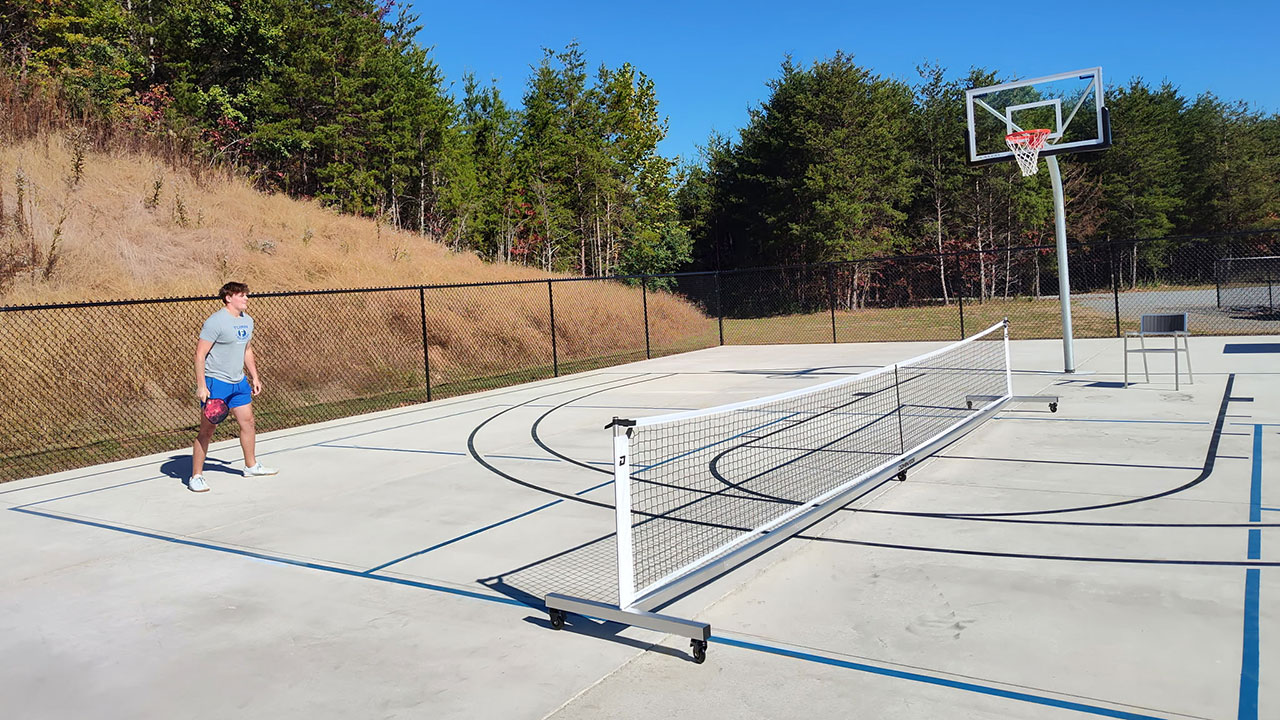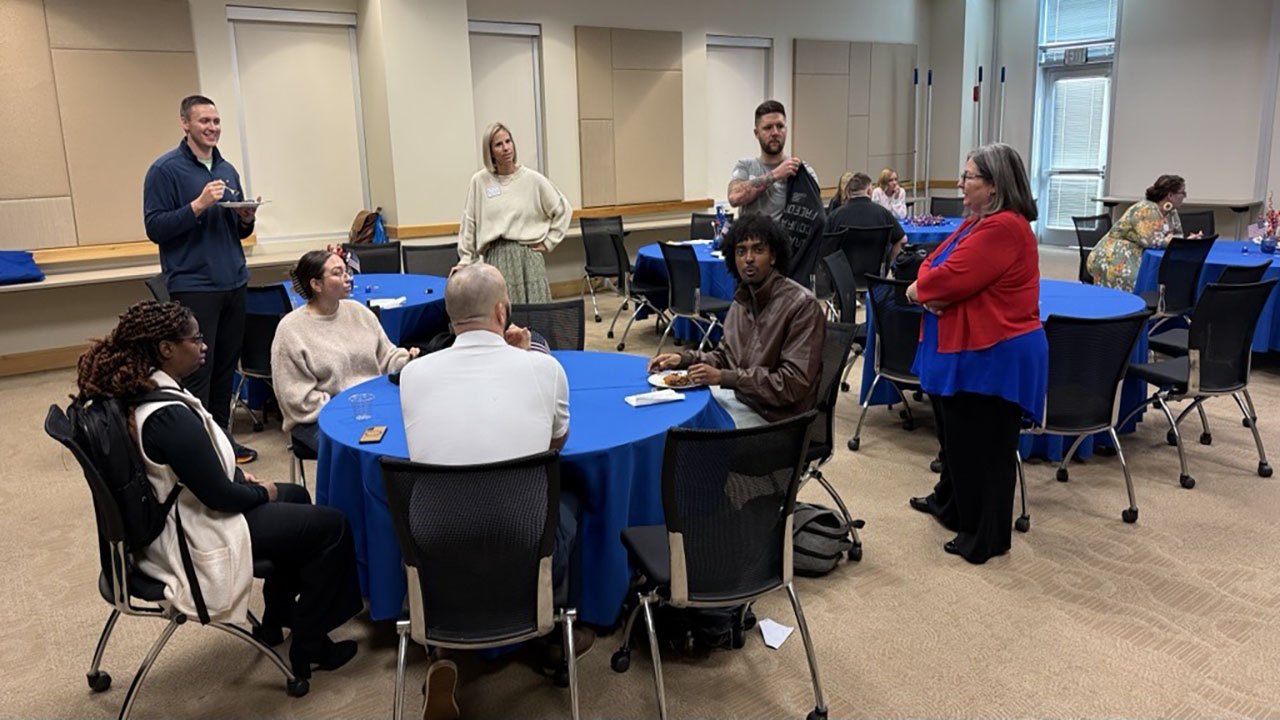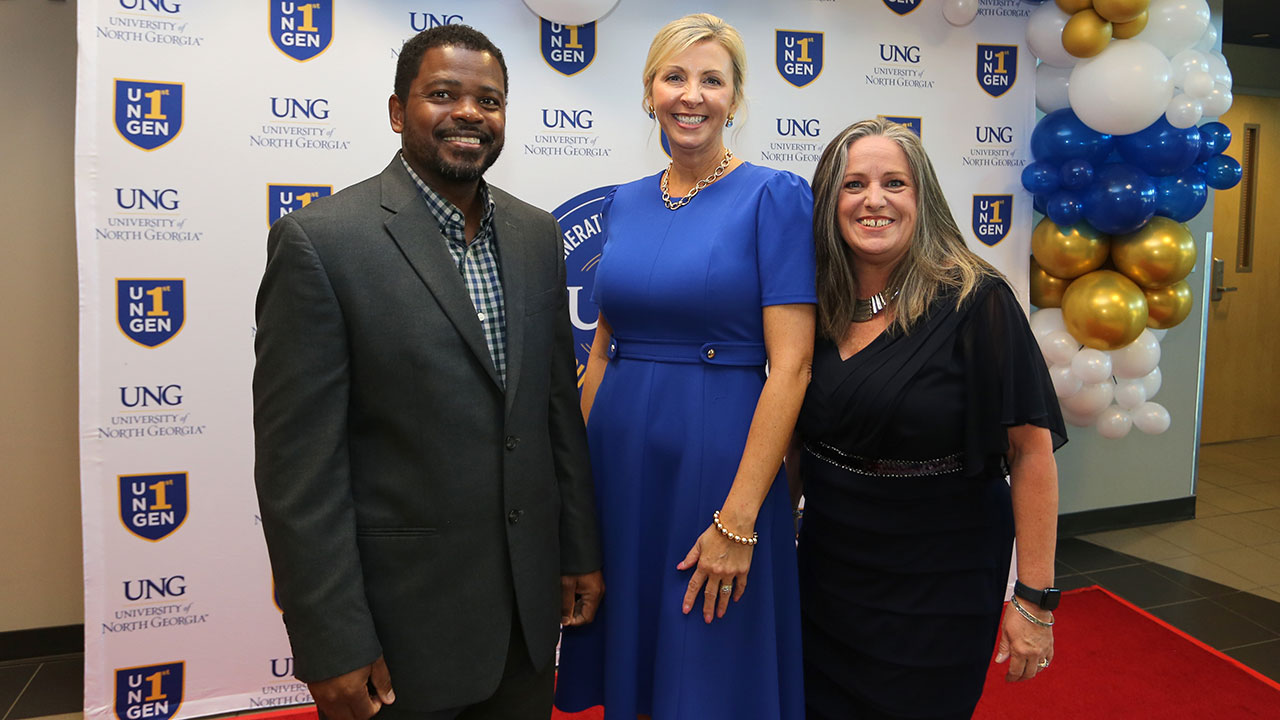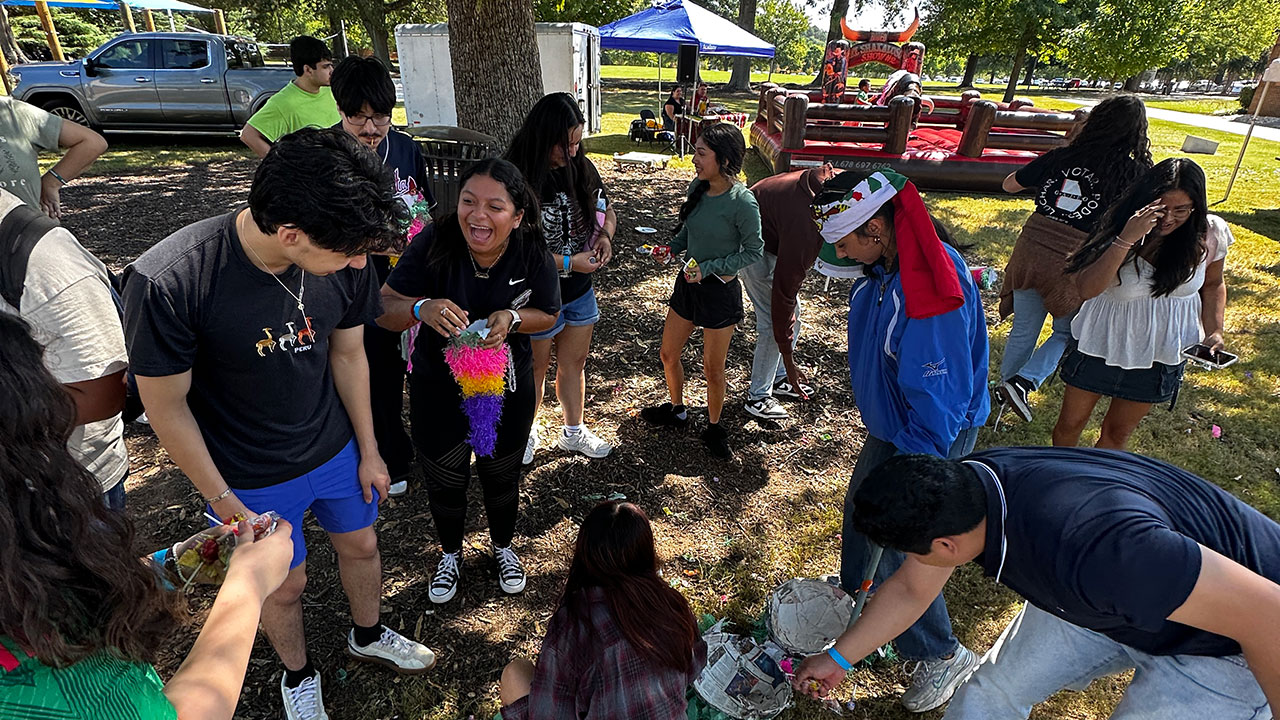Nigel Cares: Healthy Friendships

By Simon Cordery
Director of Student Counseling
Making friends early in your college experience is important because students who have supportive, healthy networks of friends while at college perform better, feel better, and have more fun. However, there are some relationships that can be unhealthy and damaging.
Making sure your friendships are healthy and stay healthy can make a big difference in your experience.
So, how do you tell the difference? Who is a friend and who is not really a friend?
It starts with knowing what your needs are and what you need to feel supported, appreciated, and cared for in a friendship.

Getting your needs met while also meeting the needs of the other person is the hallmark of a healthy relationship. Giving too much or demanding too much can easily tip the balance in an unhealthy direction.
The overarching principle of a healthy friendship is that healthy friendships build you up, not tear you down. You should feel cared about, respected, and loved for just being the real you. Healthy friends don’t call you names or put you down. They are there for you to lean on and they can lean on you.
Healthy friends want what is best for you and will not control you or coerce you in to doing something you don’t want to do. Friends will also confront you if you are doing something that is unhealthy or not in your best interest.
Healthy friends won’t repeat things you tell them in confidence and they will protect your privacy. However, they won’t keep secrets that are dangerous or bad for you.
Signs of an unhealthy relationship:
- Your friend always challenges your choices.
- Your relationship is often too competitive.
- You are putting more emotion/effort into the relationship than others.
- You always defer your interest for the benefit of the other person.
- You feel worse about yourself after spending time together.
- You feel manipulated into doing things.
- You are regularly encountering jealousy or possessiveness.
- You are more exhausted by the relationship than rejuvenated.
It is not healthy to spend all your free time with one friend or group. You should have a variety of friends and different groups of friends. Healthy friends are not overly dependent on any one person. There are times when you will need a friend to stay close but healthy friendships don’t involve spending every waking moment together.
To have a friend you have to be a friend, but you also have to balance getting your needs met as well.
Sometimes friendships occur by serendipity, the development of events by happy coincidence. However, for most of us, healthy relationships require a lot of careful thought, effort, nurturance, and balance. So, I challenge you to think about what is healthy and what is not and actively put yourself out there and make an effort to make friends.
Friends don’t fall from the sky but most of the time it can be as easy as saying, "Hi, my name is…."



